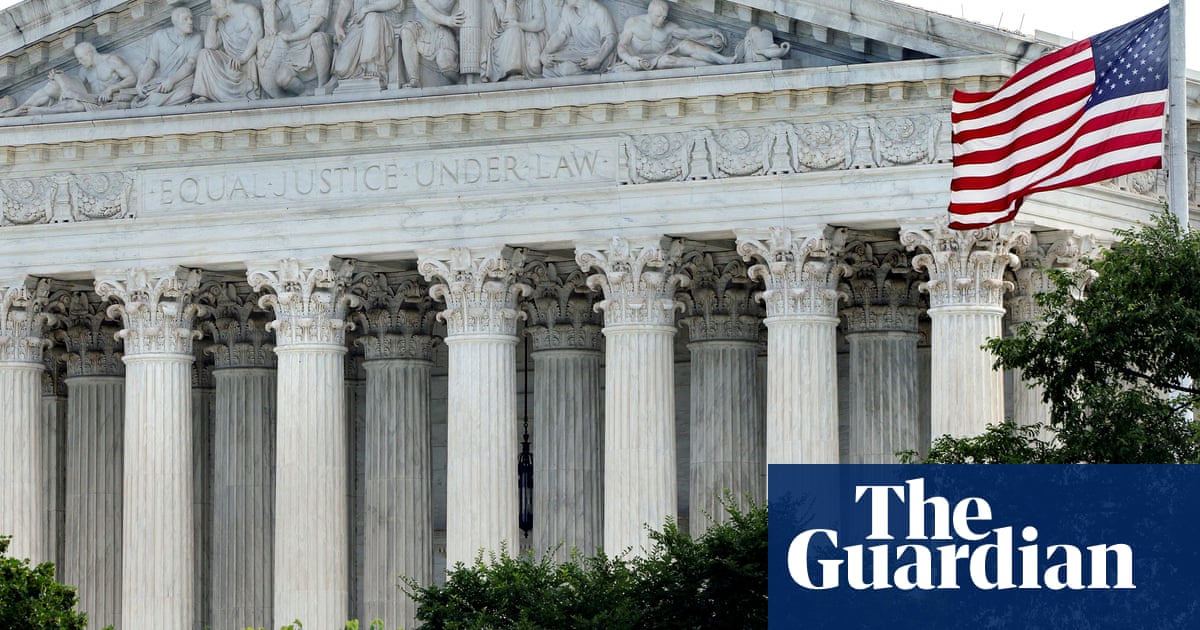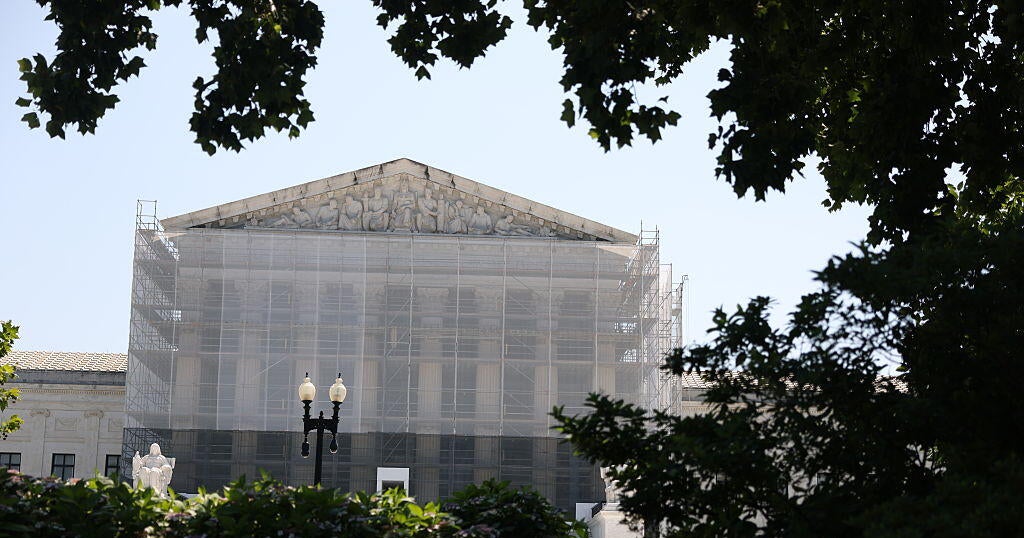Supreme Court Blocks Florida's Controversial Immigration Law Enforcement
The U.S. Supreme Court has denied Florida's request to enforce a new immigration law that criminalizes undocumented migrants, upholding lower court rulings.
Subscribe to unlock this story
We really don't like cutting you off, but you've reached your monthly limit. At just $5/month, subscriptions are how we keep this project going. Start your free 7-day trial today!
Get StartedHave an account? Sign in
Overview
- The U.S. Supreme Court has blocked Florida from enforcing a new immigration law aimed at undocumented migrants.
- Florida's law sought to impose criminal penalties on migrants previously deported or denied entry.
- The state's Attorney General requested Supreme Court intervention, which was denied without explanation.
- The Supreme Court upheld lower court decisions that prevented arrests and prosecutions under the law.
- This ruling reflects the Court's typical handling of emergency applications without providing detailed reasons.
Report issue

Read both sides in 5 minutes each day
Analysis
Center-leaning sources frame the Supreme Court's decision as a significant legal setback for Florida's immigration law, emphasizing the implications for undocumented migrants. The tone reflects concern over punitive measures, highlighting a bias against harsh immigration policies while underscoring the judiciary's role in shaping immigration enforcement.
Articles (6)
Center (2)
FAQ
The law makes it a crime for undocumented migrants to enter Florida, mandates pretrial detention without bond, and requires sheriffs to share inmates' immigration status with ICE. It also prohibits policies that impede immigration enforcement and imposes penalties for noncompliance[1].
Immigrant rights groups challenged the law on the grounds that it would lead to racial profiling and discrimination, and because it is argued to conflict with federal law regarding immigration enforcement.
The Supreme Court denied Florida Attorney General James Uthmeier's request to enforce the law, upholding a lower court's preliminary injunction and preventing the state from enforcing the law while legal challenges continue.
History
- This story does not have any previous versions.





